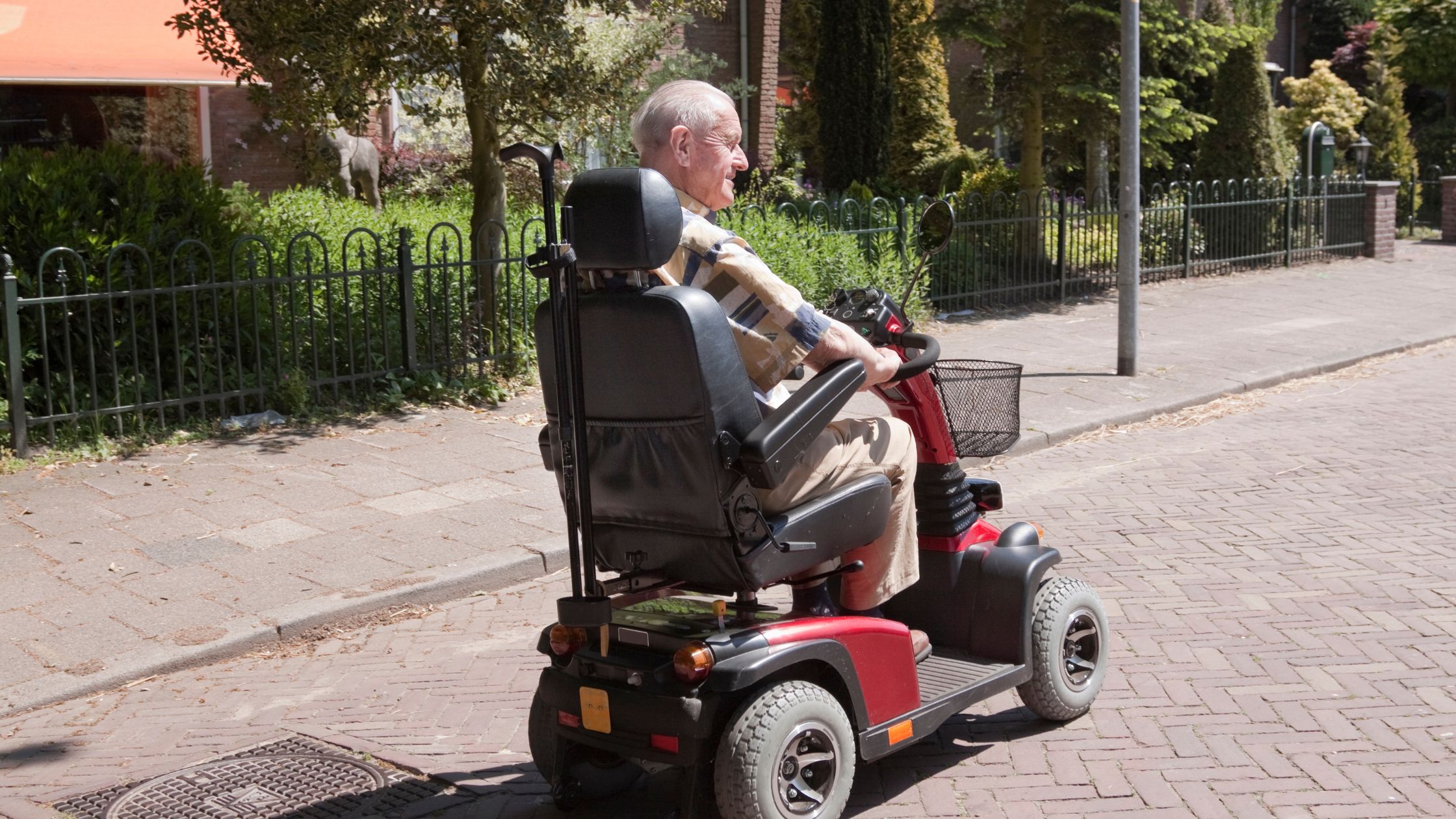As we age, our bodies undergo various changes that can affect our sleep patterns. One of the questions that often arises is: What does it mean when an elderly person sleeps all the time? In this article, we will delve into this concern and explore the possible reasons behind excessive sleep in seniors. Understanding this phenomenon is crucial for caregivers and families who want to provide the best care and support for their elderly loved ones.
While occasional long naps might be nothing to worry about, constant sleeping can be a sign of underlying health issues. This topic is important to address because it can impact the quality of life and indicate the presence of underlying health conditions.

Common Causes of Excessive Sleep in the Elderly
1. Medical Conditions
Certain medical conditions, such as dementia, Alzheimer’s disease, and depression, can lead to increased sleepiness in the elderly. These conditions affect the brain’s function and can disrupt normal sleep patterns, leading to prolonged periods of sleep.
2. Medication Side Effects
Many older adults take medications that can cause drowsiness as a side effect. It’s important to review their medications with a healthcare professional to identify any potential causes of increased sleep.
3. Sleep Disorders
Conditions like sleep apnea and restless leg syndrome can disrupt the sleep cycle, leading to unexplained sleep during the day. Older adults should be screened for these conditions if they experience excessive daytime sleepiness.
4. Lifestyle Factors
Physical inactivity and lack of stimulation can contribute to increased drowsiness among seniors. Encouraging regular physical activity and social engagement can help alleviate this issue.
The Impact of Nutrition on Sleep
Nutrition plays a vital role in maintaining energy levels and promoting healthy sleep patterns. A well-balanced diet can help regulate sleep and wake cycles, while poor nutrition can lead to fatigue and increased sleep.
Strategies to Manage Excessive Sleep in Elderly
1. Reviewing Medications
Consulting with healthcare providers to review and adjust medications is crucial to managing excessive sleep risks associated with medication side effects.
2. Encouraging Regular Activity
Engaging in regular physical activities can help reduce fatigue and improve sleep quality, helping to keep a healthy balance between rest and activity.
3. Monitoring Sleep Patterns
An in-depth analysis of sleep patterns through sleep diaries or wearable devices can help identify specific issues so that targeted interventions can be applied.
The Role of a Healthy Environment
Creating a comfortable sleep environment with minimal noise and appropriate lighting is essential in promoting better sleep quality for the elderly.
When to Consult a Doctor
If excessive sleep persists despite lifestyle adjustments, it is vital to consult a healthcare professional to rule out any underlying conditions that may require medical intervention.
Additional Considerations
Consider seeking support groups and community resources to help manage and understand the challenges associated with excessive sleep in seniors.
Getting Professional Help
Professional geriatricians and sleep specialists can offer diagnostic evaluations and tailored solutions for seniors experiencing chronic sleep issues.
Supporting Elderly Loved Ones in Managing Sleep
Support from family members and caregivers is essential. Trying to foster a better understanding of the causes and solutions for excessive sleep can help them lead a healthier life.
Understanding the Importance of Healthy Sleep
Recognizing healthy sleep is essential for physical and mental well-being in older adults. By ensuring they rest well, we help them lead better quality lives.
The Benefits of Rest
Although excessive sleeping might indicate health issues, it’s crucial to remember that the adequate rest brings many health benefits and can’t always be seen negatively.
Caring for Elderly Parents: Beyond Sleep
A comprehensive approach to caring for elderly parents considers all elements of their well-being, including balancing sleep with nutritional adjustments and physical activities.
Impact of Sleep on Mental Health
Sleep and mental health are strongly connected, with good sleep reducing symptoms of mental distress and bad sleep increasing the risk of mental health issues.
Encouraging Family Involvement
Family involvement and support are invaluable. By interacting with their aging loved ones, families can greatly influence their physical activity levels and emotional wellbeing.
A Balanced Approach to Elder Care
An integrated approach that includes healthcare professionals, community resources, and family can best manage excessive sleep among the elderly.
Conclusion: Addressing Sleep Concerns with Empathy
In conclusion, addressing the question What does it mean when an elderly person sleeps all the time involves a multifaceted approach. By understanding the potential reasons and solutions, we can provide better care and improve the quality of life for our elderly loved ones.

FAQ
1. What are possible medical reasons for excessive sleeping in elderly?
Medical conditions such as dementia, depression, and sleep disorders are potential causes of increased sleep in elderly individuals.
2. How can lifestyle changes improve sleep?
Encouraging regular physical activity and maintaining a balanced diet can help regulate sleep patterns and reduce fatigue.
3. When should you consult a doctor about sleep issues?
If excessive sleep persists or is accompanied by other symptoms, it’s recommended to seek medical advice to rule out underlying conditions.
This article contains affiliate links. We may earn a commission at no extra cost to you.

